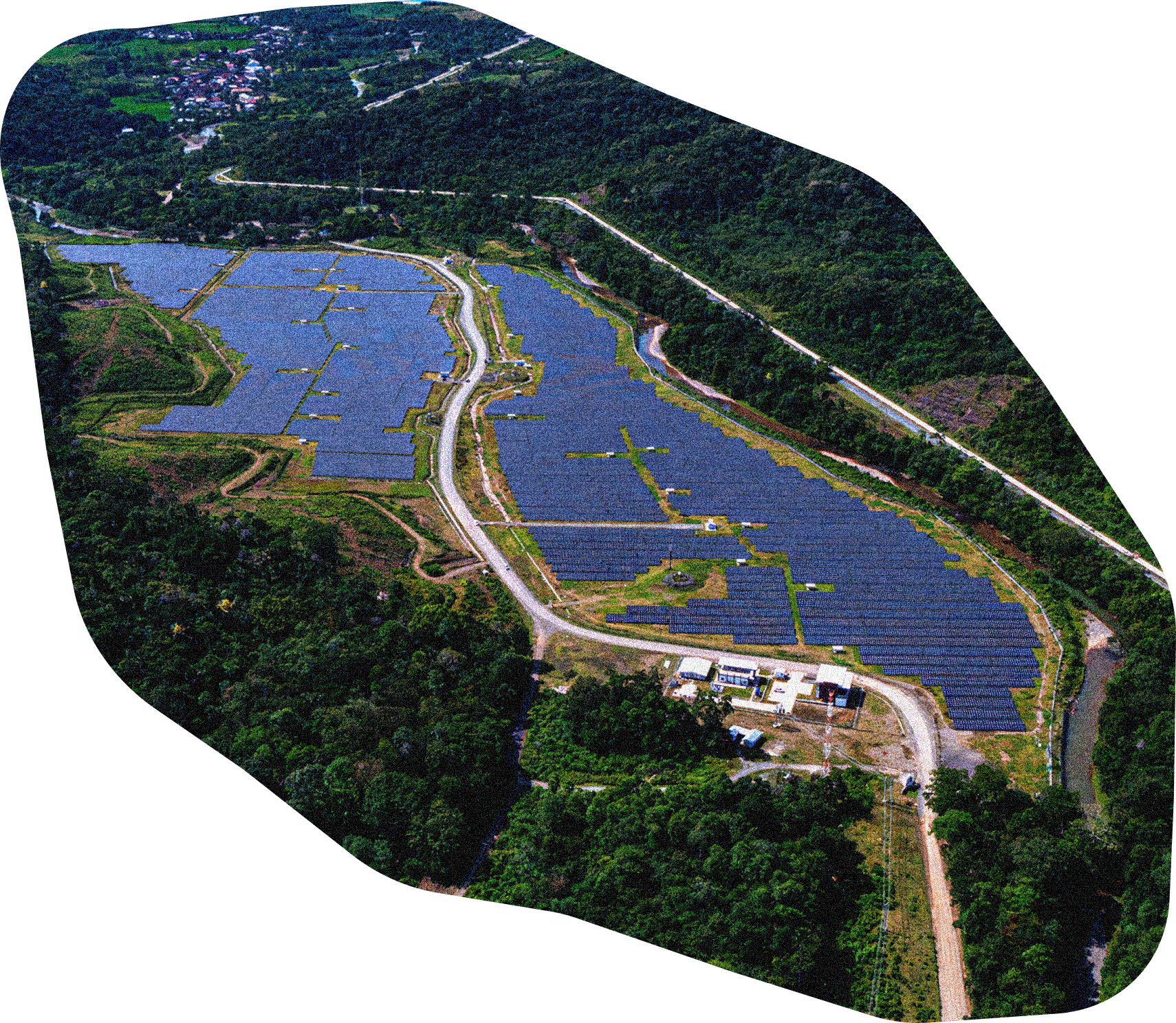

Discover AMMAN's Sustainability Report, highlighting responsible mining practices that shape a brighter, sustainable future and embody our commitment to excellence



At AMMAN, our people are our most valuable asset. We believe that providing conducive working environments not only enhances the value and competitiveness of our operations but also fosters the well-being of our workforce. We foster a safe and supportive working environment that enables employees to enhance their skills and advance their careers.
We are also committed to upholding and protecting human rights for all individuals affected by our operations throughout the entire lifecycle of our activities. This commitment encompasses our employees, surrounding communities, workers in our supply chain, business partners, and other relevant stakeholders.
AMMAN also recognizes that its operations can significantly influence the livelihoods of employees and neighboring communities.We believe that sustainable community development is essential for its long-term success. By closely collaborating with local communities to identify and address their needs, the company invests in programs that promote education, health, and economic development.
AMNT's mineral processing operations prioritize the use of environmentally safe methods that avoid toxic or harmful chemicals. Consequently, the tailings deposited in the deep sea consist of finely crushed rocks, resembling natural formations found in nature. Through ongoing efforts to conserve minerals, AMNT has successfully reduced the mineral content in tailings, leading to cleaner tailings deposition practices.
Located near the coast of West Sumbawa Regency, the Batu Hijau mine utilizes a deep sea tailings placement (DSTP) system. Tailings are transported via a pipeline to a depth of 125 meters below sea level and then released into the Senunu deep sea canyon, reaching depths of up to three kilometers.
Various independent and reputable educational and research institutions have conducted periodic studies on the DSTP since its inception. These studies consistently report no adverse environmental impacts beyond estimated and permitted zones. Additionally, the government conducts regular monitoring at regional and national levels. AMNT upholds sound mining principles to ensure that tailings quality parameters consistently meet government standards.
.png)
AMMAN prioritizes environmental preservation for the benefit of current and future generations. Our initiatives focus on minimizing environmental impact, addressing climate change risks, and safeguarding natural resources. To combat climate change, AMMAN actively seeks to reduce greenhouse gas emissions and transition to cleaner energy sources. We prioritize responsible tailings management by adopting best practices and technologies to mitigate associated risks.
Collaborating with local communities, government agencies, and other stakeholders, we promote environmental stewardship and protect ecosystems and biodiversity. AMMAN also implements measures to improve air quality and reduce pollution from our operations. Through these efforts, AMMAN aims to positively impact the environment and contribute to a more sustainable future.
Our commitment to preserving biodiversity shines through in the Gili Balu conservation area. With habitat rehabilitation and ongoing monitoring, we’re nurturing a thriving environment for future generations. Explore our journey in safeguarding this natural treasure.

AMMAN is dedicated to sustainable natural resource management at every operational stage, including responsible mine closures. We actively reduce our carbon footprint through innovative energy efficiency programs. Our commitment to responsible water management ensures minimal consumption and impact on vital water resources.
Waste and hazardous materials are carefully managed to minimize environmental impact. Finally, AMMAN plans for sustainable mine closure, aiming to restore the land and uplift local communities after operations conclude.

AMMAN is commited to ethical, responsible, and transparent business practices. We maintain the highest ethical standards across all operations, fostering an accountable corporate culture through robust governance and compliance measures.
AMMAN engages openly with stakeholders and business partners to maintain trust and drive continuous improvement. By upholding these standards, we build lasting relationships and enhance our operations.

